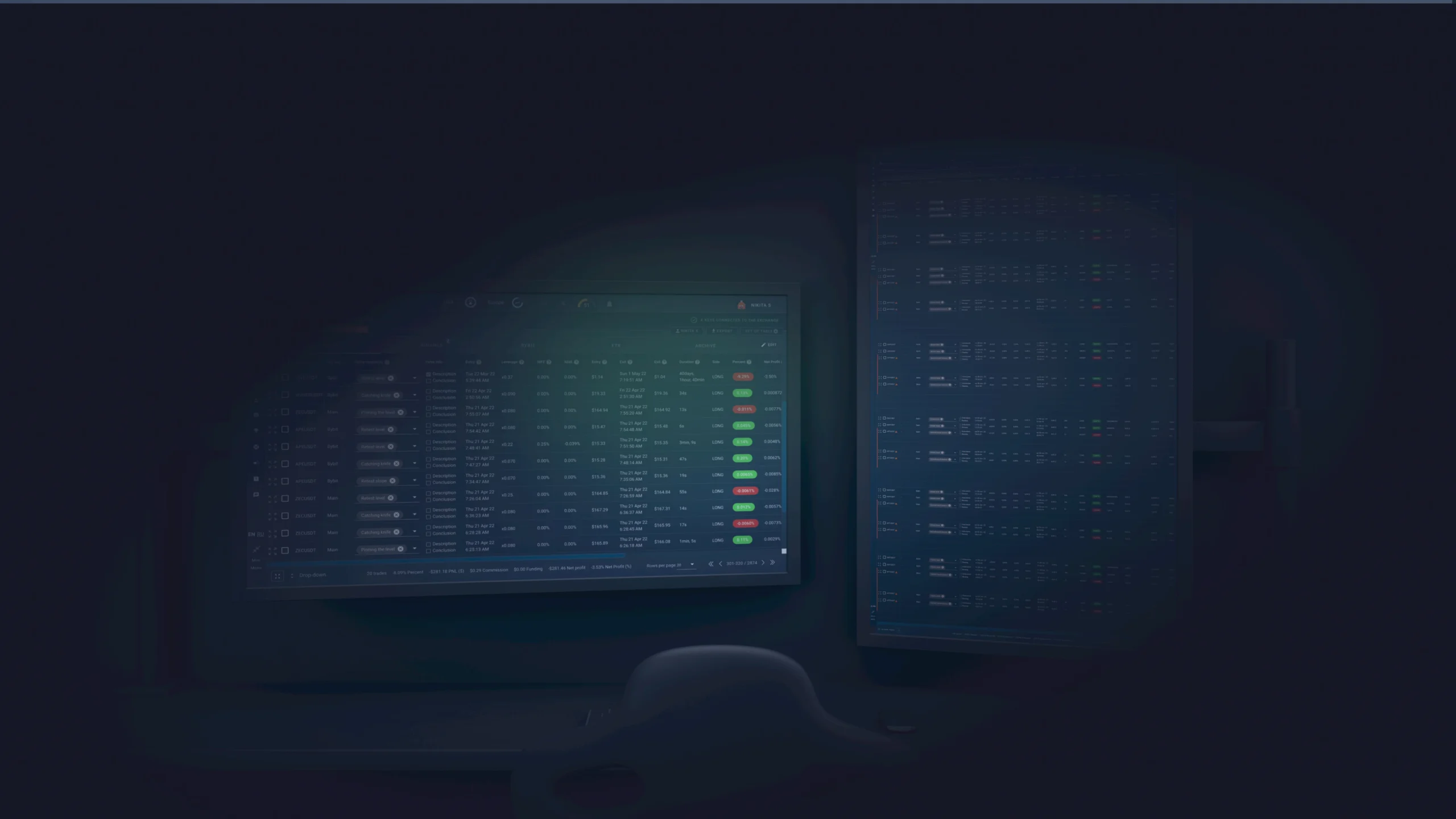Why Forex Traders Should Keep a Trading Journal

A trading journal is a systematic record of all the trades a trader makes in the market. It allows individuals to track the performance of their strategies over time. When you have detailed data on each trade, you can objectively assess how successful your strategy is and identify potential areas for improvement. By analyzing your entries, you can recognize patterns that work in specific market conditions and refine your trading approaches.
Emotions play a significant role in Forex trading. Feelings such as fear, greed, and euphoria can heavily influence decision-making and lead to impulsive actions. Maintaining a trading journal helps you become aware of how your emotional state impacts your trading results.
By documenting your thoughts and feelings before opening a trade and after closing it, you can better understand the moments when your emotions hinder rational trading. This awareness will equip you to manage your emotions more effectively, enabling you to base your decisions on logic and analysis rather than impulses.
A trading journal also fosters discipline, which is one of the crucial elements of success. Regularly recording all your trades compels you to take the trading process seriously and stick to your predetermined plan. When you can see the results of your actions laid out on paper or screen, it becomes easier to analyze where you deviate from your strategy and what consequences arise from those deviations.
Additionally, a trading journal aids in risk management. It enables you to monitor how efficiently you’re using your funds and the percentage of your capital at risk in each trade. This insight allows you to evaluate whether your position sizes and stop-loss levels align with your overall strategy.
Conducting regular reviews of your trading journal helps you identify instances where you might be taking on excessive risks, allowing you to make necessary adjustments to minimize losses. Risk management is a key aspect of successful trading in Forex, and without a clear record of your trades, implementing effective risk controls can be challenging.
One of the primary purposes of a trading journal is to help you identify mistakes and weaknesses in your trading approach. By analyzing your entries, you can determine which trades were influenced by emotions, where you strayed from your strategy rules, or where your forecasts were incorrect. A trading journal facilitates an objective evaluation of your actions and informs future decisions.
Without documenting your mistakes, you risk repeating them time and again. A trading journal provides a valuable opportunity to learn from your errors and continuously improve. As the saying goes, successful traders are not those who never make mistakes, but rather those who learn from their errors and strive not to repeat them.
Ultimately, a trading journal acts as a record of your successes and failures, helping you objectively assess your achievements and set new goals. Regularly analyzing your performance is a crucial step on the path to professional trading mastery.